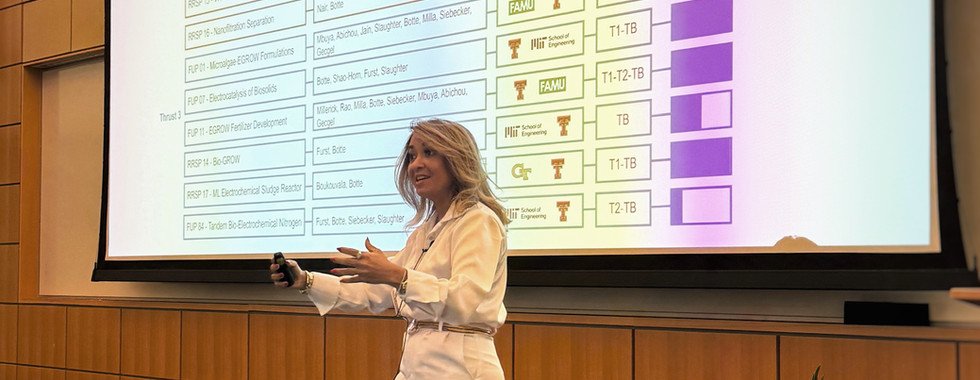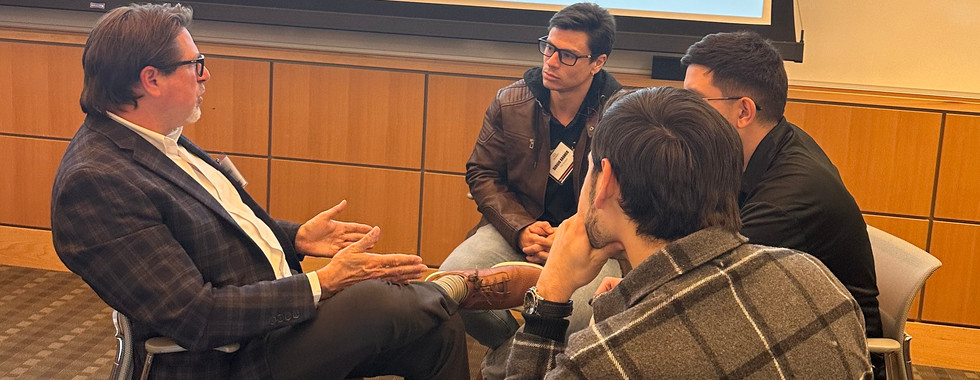

Time & Location
Nov 6-7, 2025
Cambridge, 77 Massachusetts Ave, Cambridge, MA 02139, USA
About the event
What an incredible two days at MIT! The 2025 CASFER Connect Symposium (November 6-7) brought together an outstanding community of researchers, industry partners, and students committed to revolutionizing sustainable fertilizer production.
The Symposium kicked off with a wonderful welcome reception sponsored by our industry member Inside Out, LLC—the perfect setting for informal networking before diving into the technical sessions. Throughout the event, we witnessed exceptional presentations from CASFER faculty across our partner institutions. Their research on nutrient recovery, nitrogen management, and circular economy models showcased the truly interdisciplinary nature of our work.
The industry panel and student-industry roundtable discussions were particular highlights, fostering genuine dialogue about real-world challenges and implementation strategies. Our students shined during both the poster session and the lunchtime pitch competition, demonstrating the next generation's innovative approaches to sustainable agriculture.
What made this Symposium special was the palpable energy around cross-institutional collaboration—seeing researchers from different universities actively…





















